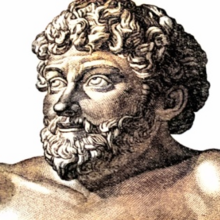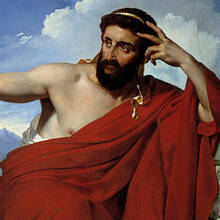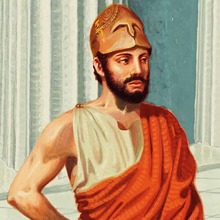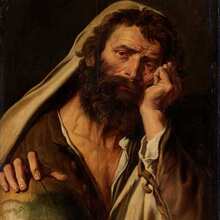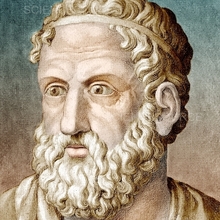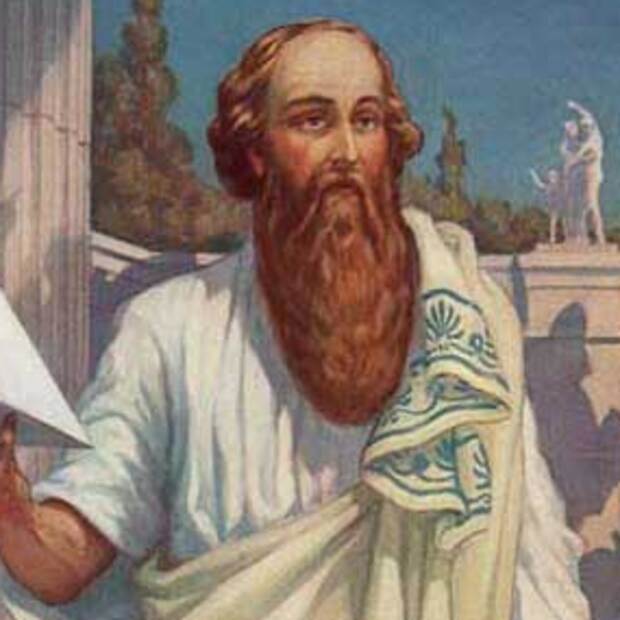
Personal
Other names:
Job / Known for:
Mathematics
Left traces:
Pythagorean theorem
Born
Date:
-570-05-24
Location:
GR
Samos
Died
Date:
-495-02-20 (aged 75)
Resting place:
GR
Death Cause:
Unknown
Family
Spouse:
Children:
Parent(s):
QR Code:
Show More
Rank
Users ranking to :
Thanks, you rate star
Ranking
5.0
1
About me / Bio:
Show More
Article for Pythagoras
Died profile like Pythagoras
Comments:

